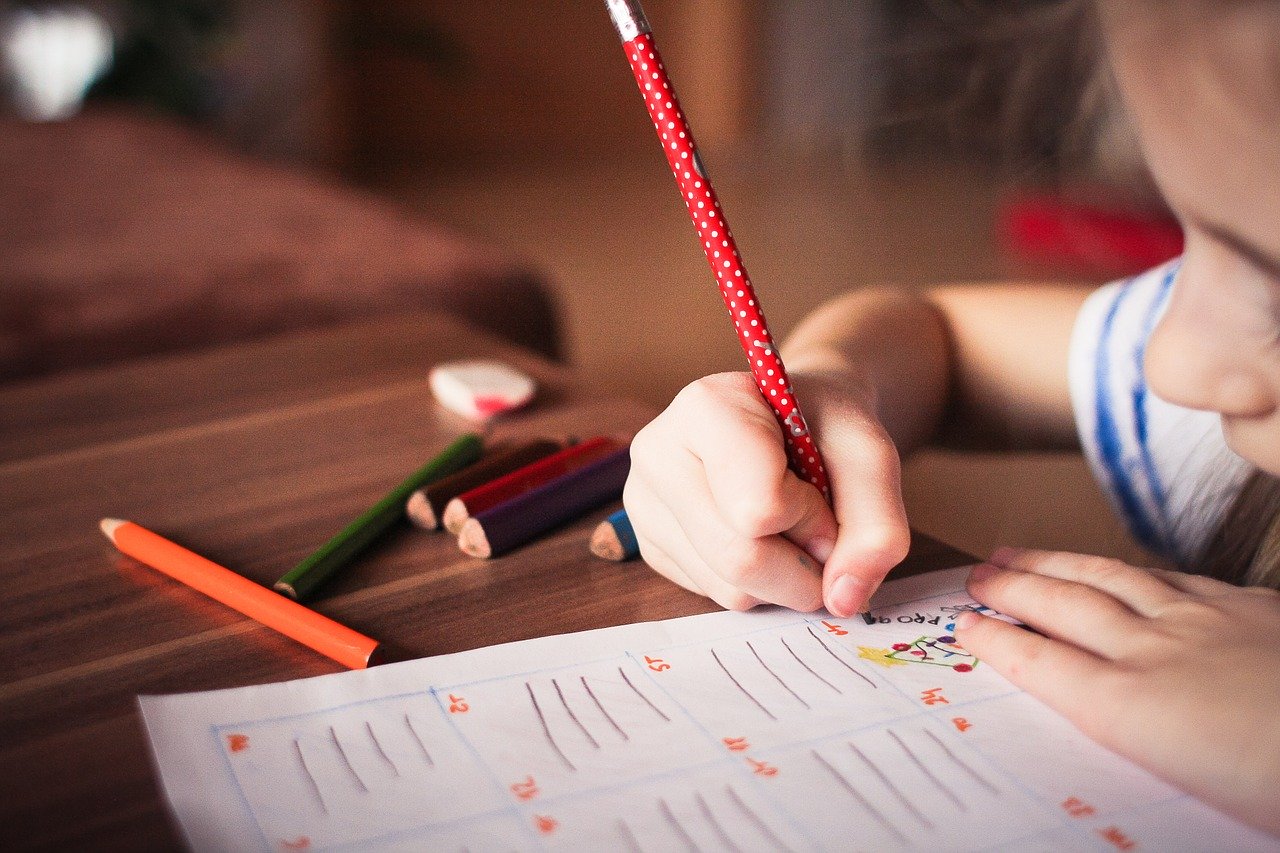
June 19, 2020
Mindfulness on the go

This week has seen more and more children staying home from school, which has created a new challenge for parents who have previously never considered home-learning and are not sure what it entails and how to do it. Each child will react differently to these new circumstances; we have seen children jumping for joy upon hearing that NAPLAN has been cancelled this year, while others will be concerned about not seeing their friends, or worried about loved ones getting sick. These are all very normal reactions to a very unusual situation.
Initially your child might be excited about staying home from school, however the novelty is likely to wear off for both of you. Here are some practical strategies to help the whole family survive this difficult time:
Take care of yourself
If you don’t look after yourself, you will not be able to take care of others, so it is important to put some self-care measures in place. Ensure you get adequate sleep and rest, eat nutritious food and factor in some downtime each day. Use whatever measures you need to give yourself a break even if it means letting your child play on the computer more than you’d like.
Find ways to manage your own stress, such as limiting your own media time, which will in turn reduce your child’s exposure. Go easy on yourself and try to adjust your expectations, as these are exceptional circumstances that you have never experienced before. Things will go wrong, your child may well ‘act up’ and you may find yourself getting more frustrated than usual. Take one day at a time and remind yourself that this is going to end.
As a parent you will have your own concerns about the current situation. You may have elderly or vulnerable relatives, you may be concerned about juggling work and home-schooling, or you may be facing the financial pressure of unemployment. For additional tips on looking after your own mental health see our article Coping with Uncertainty.
Listen to your child
Your child is currently adapting to a lot of changes and restrictions, which may be difficult for them to fully understand. When children become overwhelmed, they don’t always have the language to express their emotions and tend to communicate their feelings via tantrums or meltdowns.
For exhausted parents it can be so easy to interpret these behaviours as “difficult” or “unacceptable” and before you know it everyone’s emotions are heightened, resulting in a power struggle that leaves everyone feeling defeated. The next time your child responds in this way try to remember that they are struggling to cope with all these new changes, pay attention to your own emotional response, and respond as calmly as you can. Think about what your child might be trying to tell to you, ask about their feelings, and communicate this back to them. For example:
Child: I hate this stupid exercise. It’s too hard.
Parent: You’re finding this exercise difficult and it’s making you feel frustrated.
Child: Stop telling me what to do. I hate you
Parent: It makes you angry when I tell you what to do.
When children feel heard and understood, they will calm down more quickly and you can then try and work things out together.
Be flexible
Routine is important as it creates a sense of stability and security for all family members. So it’s good to establish daily schedules and keep them as consistent as possible. If they can match the child’s usual routine at school even better. However, don’t be too rigid about it and be prepared to modify things as the day progresses.
Some kids will adapt to home-learning more readily than others. Visual timetables and timers can provide them with a sense of knowing what to expect and what the day is going to look like. If your child is struggling or feeling particularly frustrated with a task it might be worth trying a different activity for a while or having a break from it. Discuss this with them and be clear that you will return to that task at a later stage. Try to schedule the most difficult or disliked tasks for early in the day when they are more alert. Children are most receptive to learning in a calm environment. Try not to worry if your child is not able to complete all their work each day, as putting pressure on yourself or your child will be counterproductive. Just do your best and remember that you are not alone here. Provide your child with positive support and encouragement, and praise effort (“I can see you tried really hard”) rather than the end result.
The occasional day off to do something fun can really help. Spend time together, playing games, doing puzzle or art and craft. Your child will still be learning through these activities.
Keep active
Kids need lots of exercise! Try to build opportunities for regular physical activity throughout the day and make it as fun as possible. Play your child’s favourite music and encourage them to try some new dance moves, do some stretches or learn new yoga poses together, or if you are able to get outside kick a ball together. Perhaps you could design an indoor obstacle course. Try to get outside for a walk each day, ideally as a family, obviously somewhere you can physically distance yourselves from others.
Maintain connection
We are social creatures and children learn valuable social skills through peer interactions.
Depending on your school’s resources, some children may transition to an online learning environment, where they still have contact with their teacher and other kids in the class, using videoconferencing technology. However not every school will have access to this, and home-schooling may begin to feel more isolating. For younger kids who don’t have access to their own devices, set up a group chat where a few kids can meet up at the same time, otherwise phone calls and Skype/Facetime chats with some individual friends will keep them connected. You could also encourage them to write cards and letters to their friends, which can be a fun way to practice their literacy skills and creativity.
Have fun
Try to make the most of this time and have as much fun with your child as possible. See this as a valuable opportunity to contribute to their education, connect as a family, and build positive memories of spending quality time to together.